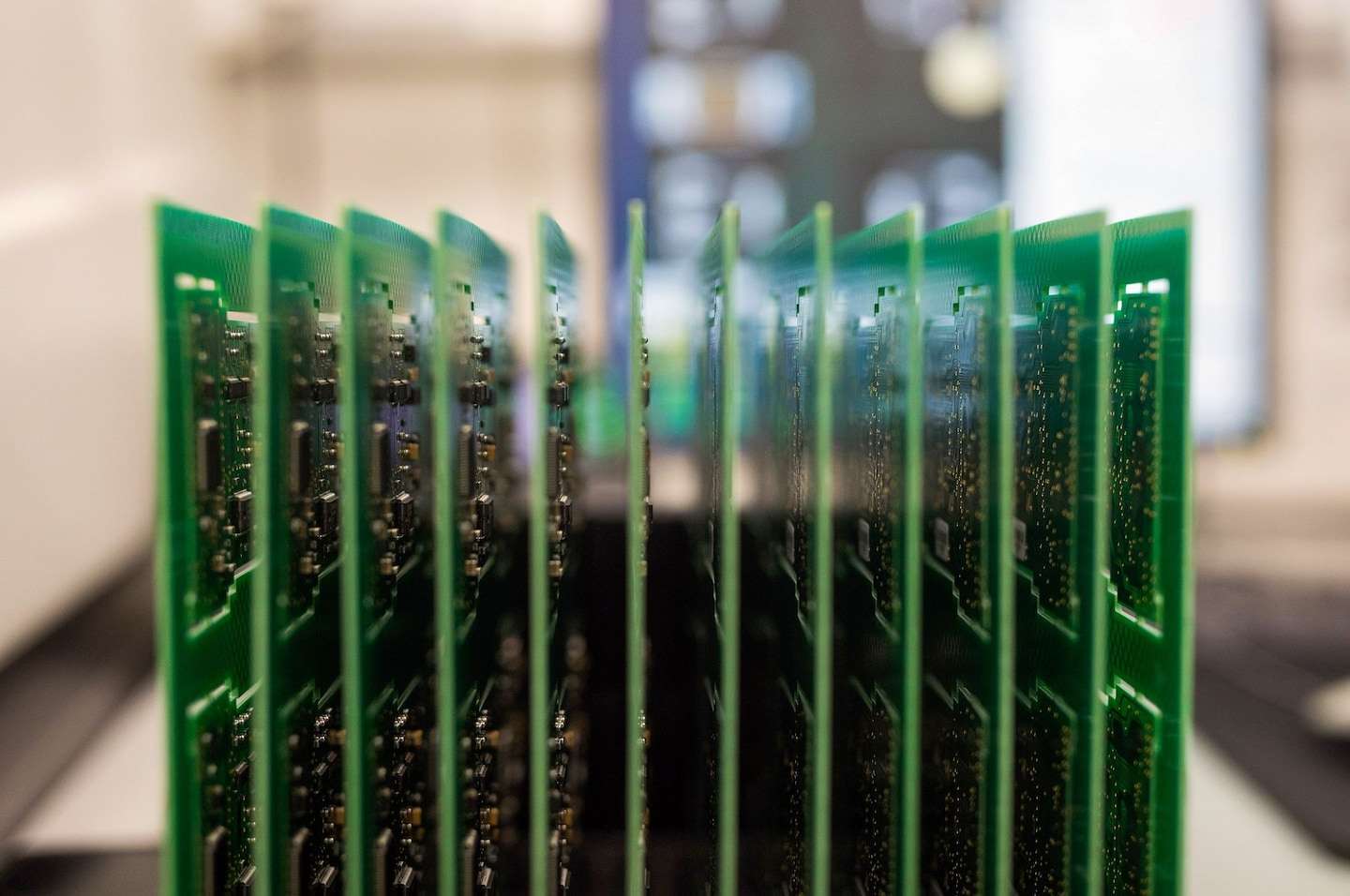Western suppliers have started cutting ties to some Chinese chipmakers in response to new U.S. export controls, in another sign of the partial technology divorce the Biden administration is mandating to stymie China’s military development.
Western suppliers cut ties with Chinese chipmakers as U.S. curbs bite

It is common for Western companies to broadly suspend exports in the immediate wake of new U.S. restrictions, and then resume some later, once they decipher the rules, lawyers say. But national-security experts say the new restrictions, which aim to stop China from producing advanced chips, are among the toughest the United States has enacted.
“I see these export controls as being hugely consequential. It goes straight to the heart of Beijing’s efforts to create a domestic world class semiconductor industry,” said Martijn Rasser, senior fellow at the Center for a New American Security. In particular, a new rule preventing “U.S. persons” from supporting certain Chinese chipmakers “won’t just freeze China’s abilities in place, it will actually lead to a degradation over time,” Rasser said.
The trade curbs could also have unintended consequences for the United States, cautioned Willy Shih, a Harvard Business School professor who specializes in technology and manufacturing. Depriving China of the ability to make the highest-tech chips could cause it to pump out even more low-end chips, driving down prices and making it hard for U.S. and Western factories to compete in that segment, he said. That in turn could leave Western buyers of such chips dependent on Chinese suppliers.
“It’s a little bit of a blunt instrument,” he said of export controls. “The thing you have to worry about is collateral damage.”
The export controls, announced Oct. 7, aim to slow China’s ability to produce high-end semiconductors that have dual uses in commercial and military technology. For now, China still lags behind Taiwan, South Korea and the United States in manufacturing the most high-tech chips.
The controls essentially bar exports to China of American-made manufacturing equipment needed to produce advanced chips. They also bar export of any U.S. tools or components to Chinese factories capable of making high-end semiconductors.
In a novel step that appears to have prompted some companies to broadly suspend trade with China, the rules also bar “U.S. persons” — including American factories, and Americans and U.S. green-card holders who work in foreign factories overseas — from providing support without a U.S. government license to the development or production of such chips for China.
ASML, a Dutch manufacturer of high-end semiconductor manufacturing tools that has U.S. offices and many U.S. employees, immediately instructed its U.S. staff to freeze their interaction with Chinese customers.
“ASML U.S. employees must refrain — either directly or indirectly — from servicing, shipping or providing support to any customers in China until further notice, while ASML is actively assessing which particular fabs are affected by this restriction,” the company told employees in an internal letter last week, an ASML spokesman confirmed.
The company said the freeze applies to U.S. citizens, green-card holders and foreign nationals who live in the United States.






